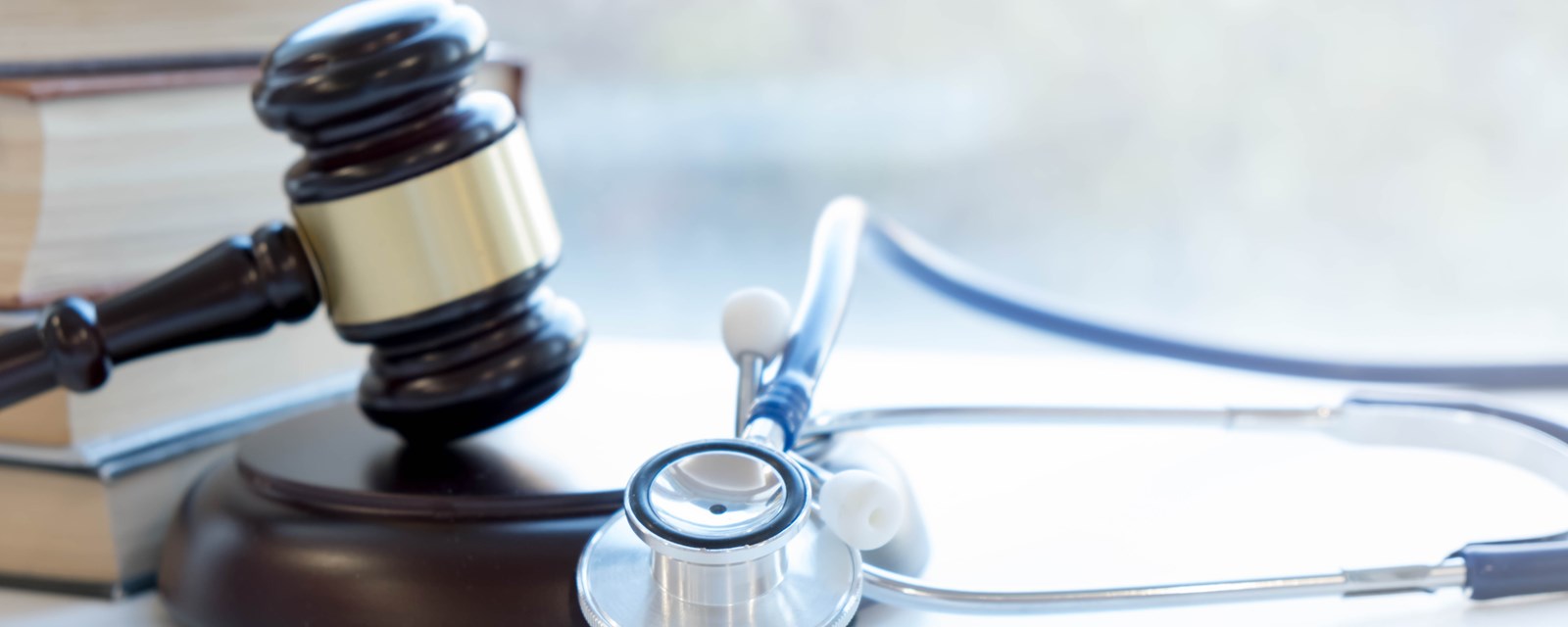
A day in the life of a medico-legal professional
Soon after qualifying as a general practitioner, Dr Frances Cranfield entered the medico-legal profession and became an Assistant Coroner and expert witness for civil and criminal courts. Here she describes the breadth of skills this area of work requires.
How did you get into this field of work?
I came into the medico-legal field by accident really. Soon after I qualified as a GP, I was invited to join as a junior member of the claims advisory committee of one of our protection and defence organisations.
In addition, at the time my general practice provided services as police surgeons, now known as forensic medical examiners, and we carried out this work on the on call rota – something that’s now not a possibility. As the only female member of the team I handled a lot of sexual assault cases.
It did not take time for me to realise just how much I really enjoyed this mix of practice. I became a founding member of the Expert Witness Institute and later a founding member of the Faculty of Forensic and Legal Medicine. I undertook a Masters in Medical Law and diplomas in Medical Jurisprudence and in Forensic Medical Science. Fifteen years ago I was fortunate to be appointed as Assistant Coroner in Hertfordshire. I am also very privileged to currently be President of the Clinical Forensic and Legal Section of the Royal Society of Medicine.
Is there a typical working day?
It is not really possible to describe a typical working day which is why I think this job is so great. Half the week, as senior partner at my GP practice, I care for patients and have looked after some families through several generations.
The other half of the week I take my skills and knowledge into a different environment. As an expert witness I look at the standards my colleagues and I practice every day. It is a welcome break for me to sit at home writing reports although giving evidence is not so relaxing! For example examining Harold Shipman’s records and giving evidence at the Shipman Inquiry, and in particular some of the major sexual assault trials I have given evidence in have been life- changing for me and for others.
As Assistant Coroner I deal daily with people who are often in the darkest and most distressing part of their lives and my work is to try to find the cause and the means of death of their loved one. Whilst it is necessary to have a very firm grounding of the law, many of the other skills needed are similar to those required in clinical practice.
What are the highs and lows of the job?
I love the mix of work and the ability to bring skills and knowledge from one field of work to another. It gives me the chance to make a difference in so many different areas. Expert work is stimulating, educational and challenging but it cannot credibly be done without having been in active clinical work.
The downside is the workload which can be unpredictable and the fact that you are open to challenge and criticisms in open court. The biggest obstacle however of expert witness work is the court trial windows. Although only a few civil matters actually end in a trial, many cases are set a trial date and I get summons throughout the year, making planning my social life extremely difficult. My work as a coroner also covers inquests, on call, daily administration and the organisational structure varies in different areas. This too brings its own challenges.
What advice you would give to aspiring doctors looking to enter the medico-legal profession?
Life is full of opportunities and it is a case of picking the right one for you. Consider all the positions carefully as there is no good looking back afterwards with regret. And if you want to enter the profession, have the courage to take that first step.
I highly recommend a portfolio career as I believe this reduces the risk of burnout. There are many medico-legal opportunities from forensic medical examiners, expert witnesses to medico-legal advisors and although it is no longer possible to become a coroner unless you have been a practicing barrister or solicitor for over five years, there will soon to be the opportunity to be a medical examiner to deal with all deaths not reported to the coroner.
